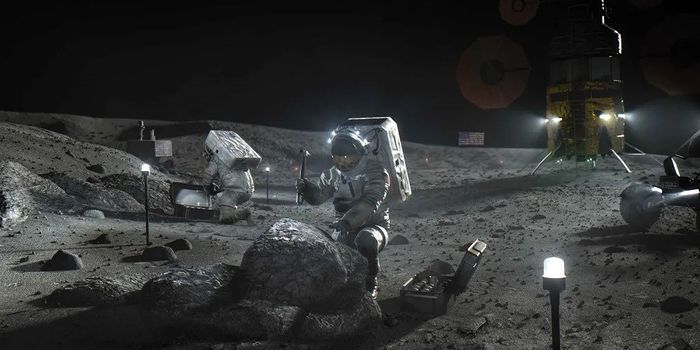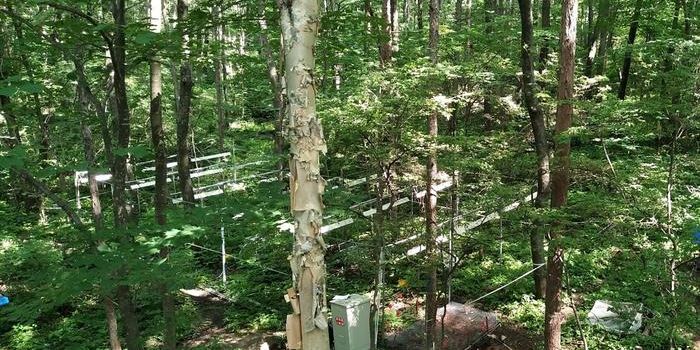Microscale Rockets for Cellular Landscapes
A study published in Science Advances describes microscale “rockets’ that can power through the landscape of cells. The study was 15 years long and originated from a question: “Could scientists design nano- and microscale vessels that use chemicals for fuel to travel through the human body?”
Previous studies on microrockets focused on nanoscale autonomous propulsion:
The present research was faced with significant challenges such as how to use vessels that did not carry toxic fuel. However, like most discoveries in science—accidents happen, and in this case the accident was the discovery of sound waves as the vessel fuel. Specifically, researchers designed their rockets with a process that carries particles off a microscopic slide, the method is known as acoustic levitation.
"If I want it to go slow, I can turn the power down, and if I want it to go really fast, I can turn the power up," explains Jeff McNeill, a graduate student who works on nano- and microscale motor projects. "That's a really useful tool."
The paper details the design of the microscale rockets by describing it to the size of a particle of dust.
The schematic shows the structure of microrockets that are 3D printed and enclosed in an air bubble (top left), and how they appear when seen through scanning electron microscopy (top right). The bottom shows the acoustic fluidic chamber (Image: Liqiang Ren via Upenn.edu)
"At this particular length scale, we're right at the crossover point between when the power is enough to affect other particles," says research study leader, Thomas Mallouk. "We'd like to have controllable robots that can do tasks inside the body: Deliver medicine, rotor rooter arteries, diagnostic snooping."
Source: Science Daily









